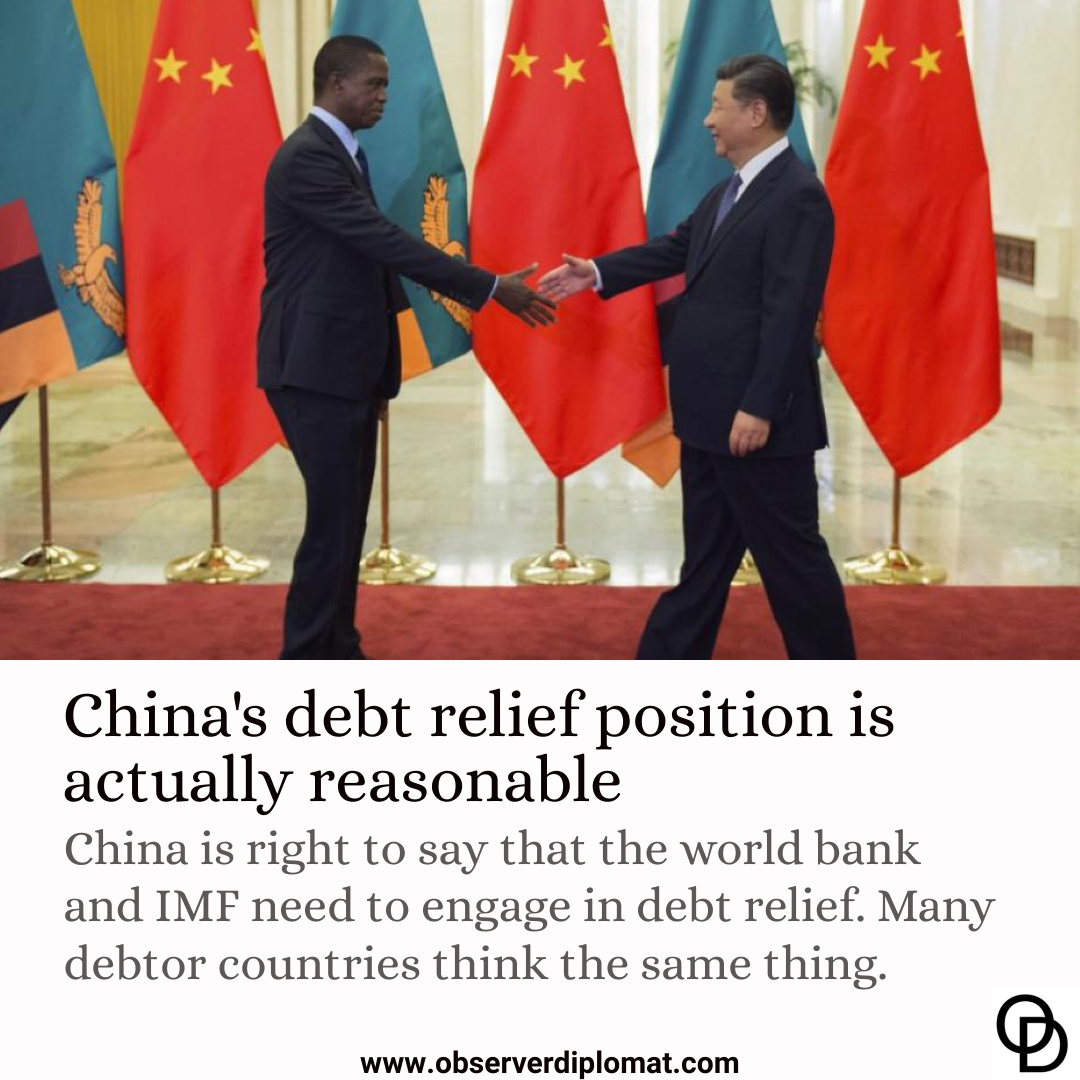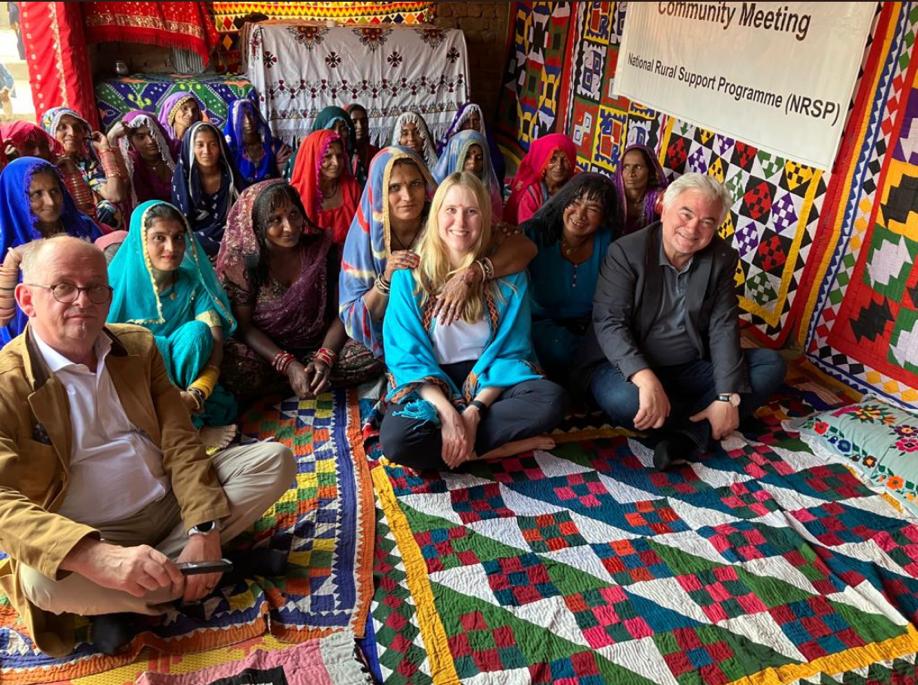Over the past few weeks, China has reiterated its call for multilateral development banks (MDBs) to play a larger role in debt relief on the African continent and beyond.
These calls have been interpreted with much skepticism by a number of experts, especially in the run up to a closed, 20-member sovereign debt roundtable including six borrowing countries, three of whom are African (Ethiopia, Ghana, and Zambia). The first session was held virtually and the second session will be held in person on the margins of the G-20 meeting in India.
The topic is fraught. Some coverage has implied China is using this position as a deliberate excuse to itself avoid a push from US and IMF to provide debt relief. However, China’s view on MDB participation is not new, nor is it just a Chinese view. It is an African view, too and for good reason.
In the early days of COVID-19 in 2020, the G-20-initiated the Debt Service Suspension Initiative (DSSI), to support low-income countries in weathering the storm of additional health and economic costs necessary in order to combat the pandemic. While agreeing to take part, the Chinese government did mention that to be most effective, debt servicing to MDBs should be suspended, along with debt servicing to bilateral and private lenders. Thereafter, a Tsinghua University Report reiterated the challenges faced by African countries from private debt repayments.
But others outside of China equally held the view that actors beyond bilateral creditors needed to act. In 2020, on behalf of the African Union, South Africa’s President Cyril Ramaphosa called on MDBs to join the DSSI while warning of the effects of the COVID-19 pandemic on African debt levels. Letters from Ethiopia’s Prime Minister Abiy Ahmed, written well before the country found itself having to apply for restructuring through another G-20 program. He also specifically mentioned that Africa welcomes all debt-alleviating initiatives coming from multilateral financial institutions, notably the World bank and IMF.
So, given these calls and expenses that African and other low- and middle-income regions have had to suffer, what is the case for excluding MDBs from discussions around debt suspension, relief or restructuring, thereby treating them as preferred creditors?
Three arguments are typically put forward. First, that MDB loans are highly concessional – with the implication that they are cheaper than Chinese loans, for instance, and thus more “worthy” of repayment. Second, that MDBs need an “AAA” credit rating to issue such cheap loans, and engaging in debt relief could endanger the rating and therefore deliver an “own goal” for low- and middle-income countries that will need cheap loans in future. Third, that MDB relief is compensated for by the MDBs effectively and consistently disbursing fresh, cheap loans.
In this context, what can the new sovereign debt roundtable achieve for African borrowers? In 2023, although economic growth in the African region is expected to accelerate, domestic revenues are still recovering from COVID-19 and other global shocks, and poverty reduction efforts should take priority. This is why several African governments have rationally encouraged all lenders – including the MDBs – to support debt suspension, relief, and restructuring.
But a significant gap in understanding and advocacy remains regarding African views on MDB engagement. Experience suggests that the longer they find arguments to exclude their lending from discussions, the larger challenges all creditors and borrowers will face.
The time is now for all lenders to really listen and respond to African leaders – not to reject their position out of hand because of the perception that following through might benefit China.
















